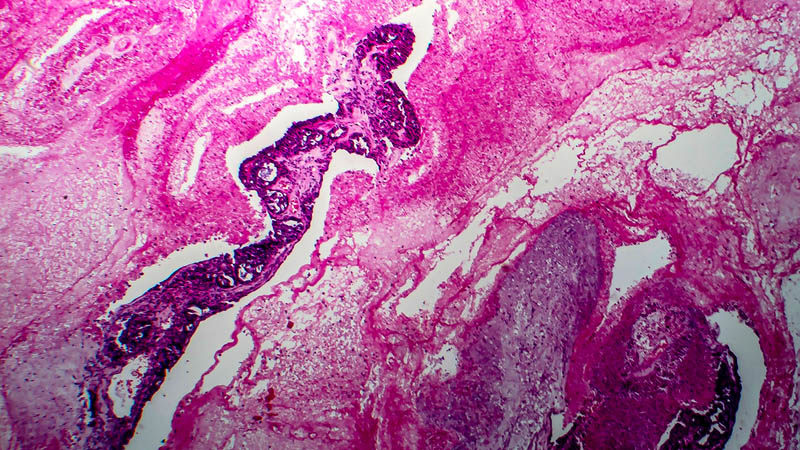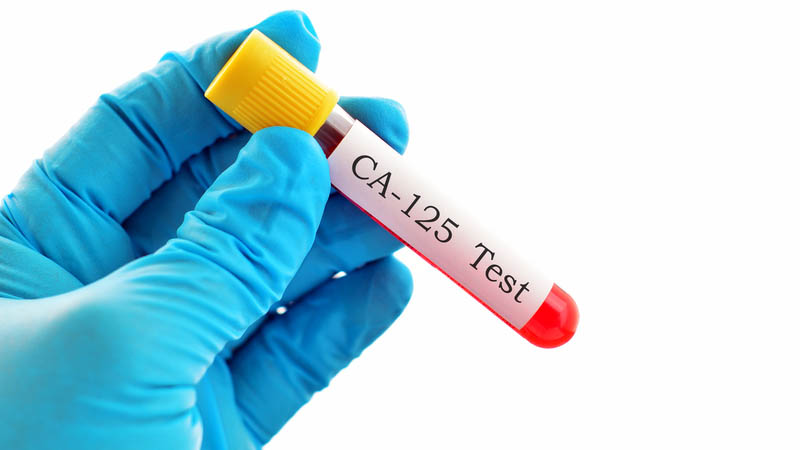Liquid biopsy in endometrial cancer
Nikola Zmarzły1,2, Ewelina Hermyt3, Andrzej Witek3, Joanna Gola2, Urszula Mazurek4
 Affiliacja i adres do korespondencji
Affiliacja i adres do korespondencjiLiquid biopsy involves molecular analysis of liquid biological material obtained by non-invasive or minimally invasive methods. This innovative method has been used in various fields of medicine, especially in oncology, including the diagnosis of endometrial cancer which is one of the most commonly diagnosed gynecologic cancers across the world. Since endometrial cancer is a serious medical and social problem, researchers are on the lookout for new diagnostic methods as well as novel targets for molecularly targeted therapy. Materials with potential applications in analyses include circulating tumor cells, circulating tumor DNA, exosomes, cell-free RNA, cell-free microRNAs and tumor-educated platelets. Materials obtained by liquid biopsy may have a variety of clinical uses in cancer diagnosis, selection of therapy, prediction of treatment prognosis, monitoring of therapeutic response, tracing the pattern of tumor evolution, detection of minimal residual disease, and determination of resistance to treatment. Liquid biopsy in endometrial cancer can be performed using different biological materials including blood (plasma, serum), uterine lavage fluid, urine, and peritoneal lavage fluid. Liquid biopsy may prove to be a truly revolutionary method in the diagnostic work-up for endometrial cancer, and it is considered to be a step forward on the path towards personalized medicine.









